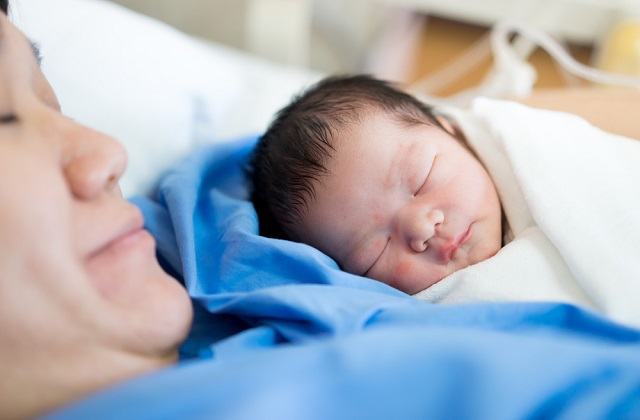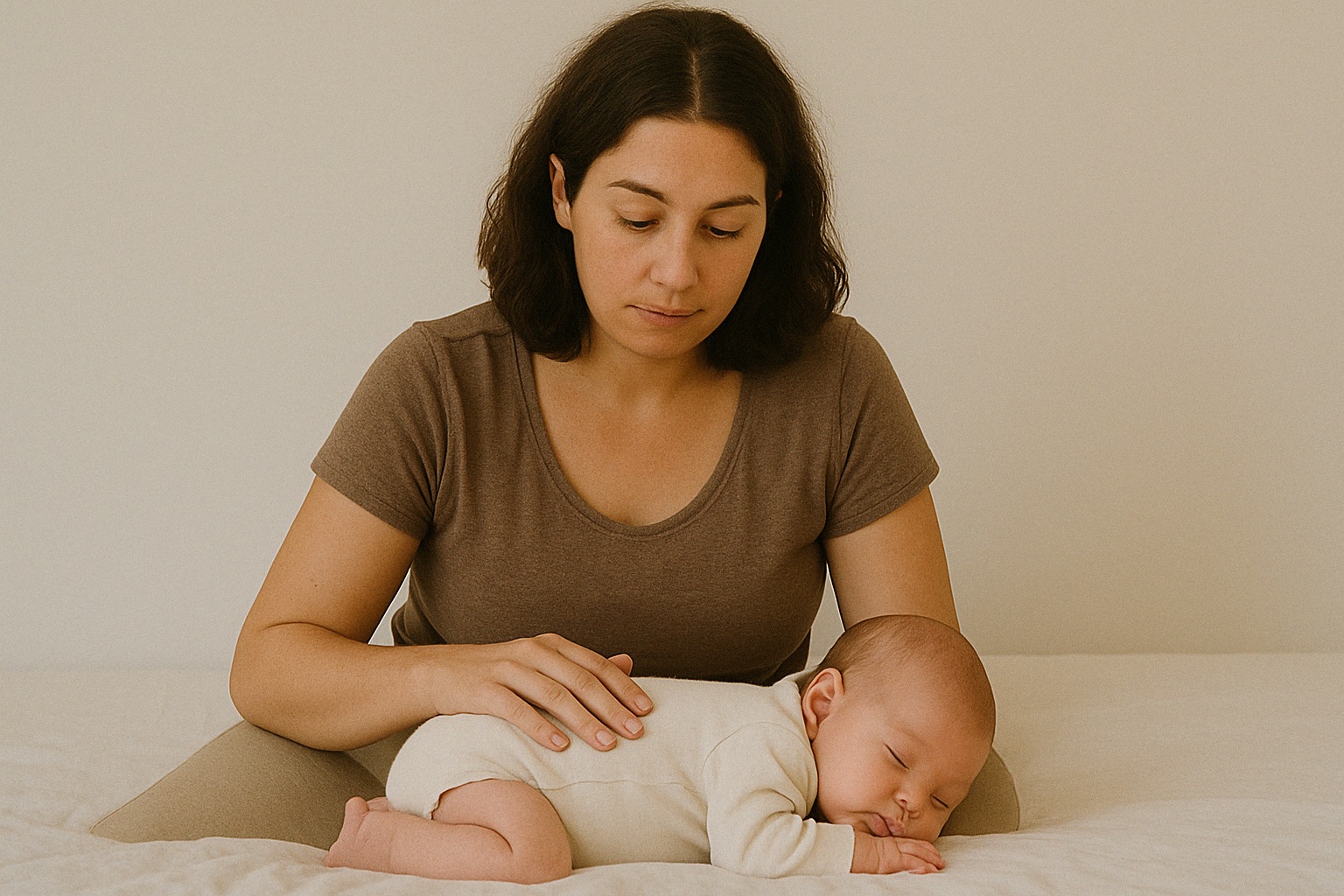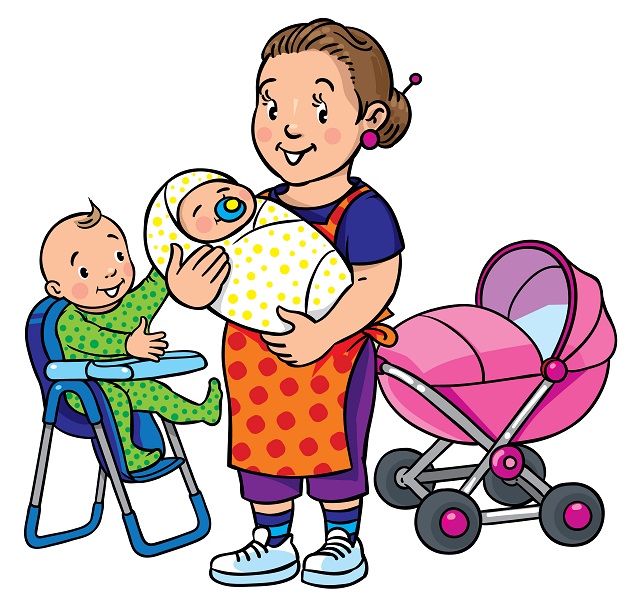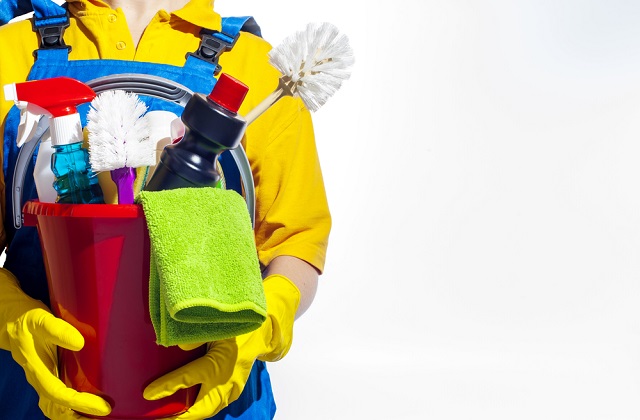22 Confinement Myths and Facts
1. Myth: You must avoid bathing for a month after childbirth.
Fact:This belief stems from the idea that water exposure may lead to "wind" entering the body and causing illnesses. In reality, maintaining proper hygiene is crucial to prevent infections. New mothers can bathe with warm water, and herbal baths are sometimes recommended to aid recovery.
2. Myth: Drinking only warm water prevents 'wind' in the body.
Fact:While warm drinks can be comforting, hydration is key, regardless of temperature. Drinking enough fluids, including room temperature or slightly cooled water, is necessary for milk production and overall health.
3. Myth: Eating only ginger and heaty foods will help recovery.
Fact:Ginger and heaty foods (e.g., sesame oil, wine, and red dates tea) are often recommended to warm the body, but an excessive intake can cause discomfort such as dehydration or constipation. A balanced diet with proteins, vitamins, and fiber is essential for proper recovery.
4. Myth: Air-conditioning and fans should be avoided to prevent "cold wind" from entering the body.
Fact:While sudden temperature changes can cause discomfort, there is no medical basis for avoiding air-conditioning or fans. Proper ventilation is important to keep mothers comfortable, especially in warm climates.
5. Myth: Mothers should not cry during confinement as it weakens the eyesight.
Fact:Postpartum emotions are natural, and suppressing them can worsen stress or lead to postpartum depression. Seeking support and expressing emotions in a healthy way is beneficial for mental well-being.
6. Myth: You should not drink plain water during confinement.
Fact:Some believe that drinking plain water causes water retention. However, dehydration can lead to complications such as constipation and reduced breast milk supply. Drinking enough fluids, including plain water, is crucial.
7. Myth: Mothers should stay in bed all the time.
Fact:While rest is important, light movement such as short walks can aid blood circulation, prevent blood clots, and promote faster recovery.
8. Myth: You must eat liver, kidney, and internal organs to replenish blood.
Fact:While organ meats contain iron, excessive intake may lead to high cholesterol. A balanced diet with leafy greens, lean meats, and iron-rich foods like tofu and beans is a healthier alternative.
9. Myth: Breastfeeding should be delayed to allow the mother to recover.
Fact:Breastfeeding should start as soon as possible after birth to promote bonding and milk production. Early breastfeeding also helps the uterus contract and reduces postpartum bleeding.
10. Myth: Confinement practices should last exactly 30 or 40 days.
Fact:The length of confinement varies based on cultural traditions and personal preferences. The most important thing is for the mother to rest, recover, and receive proper care.
11. Myth: Mothers should not wash their hair for a month.
Fact:This belief originates from the idea that wet hair can cause "wind" to enter the body, leading to headaches and illness. However, keeping hair clean is essential for hygiene and preventing scalp infections. Mothers can wash their hair with warm water and dry it immediately to avoid discomfort.
12. Myth: Eating chicken and eggs causes wound infections.
Fact:Some believe that consuming chicken or eggs can worsen C-section wounds or perineal stitches. However, both are excellent sources of protein that support wound healing. The key is to ensure food is properly cooked and consumed in moderation.
13. Myth: Mothers must wear long-sleeved clothes and thick socks at all times.
Fact:While keeping warm is important, especially in colder climates, wearing excessive layers in warm weather can cause discomfort and heat rash. It is more important to dress comfortably and avoid sudden temperature changes.
14. Myth: Mothers should not leave the house during confinement.
Fact:Traditionally, new mothers were advised to stay indoors to avoid "bad air" or infections. While rest is important, going outside for fresh air and short walks can improve mental well-being and prevent postpartum depression.
15. Myth: Drinking alcohol (e.g., rice wine, DOM) helps restore health.
Fact:Some confinement traditions encourage drinking alcohol-infused tonics for warmth and recovery. However, alcohol can pass into breast milk and affect the baby. If consuming alcohol, mothers should wait a few hours before breastfeeding.
16. Myth: Only herbal soups can help with postpartum recovery.
Fact:Herbal soups can be beneficial, but they should not replace a well-balanced diet. Recovery requires a variety of nutrients, including protein, healthy fats, and vitamins from fresh fruits and vegetables.
17. Myth: A mother's body is 'dirty' after childbirth and should not visit temples or places of worship.
Fact:This belief is cultural rather than medical. There is no scientific reason why a new mother should avoid religious places unless it is for personal or religious reasons.
18. Myth: Spicy food should be completely avoided during confinement.
Fact:While excessive spice may cause stomach discomfort or affect breast milk taste, moderate amounts are generally safe. Some mothers continue eating their usual diet without any issues.
19. Myth: If a mother cries too much, her baby will be fussy.
Fact:Babies can pick up on their mother's emotions, but crying does not directly make a baby fussier. Emotional support and rest are important for postpartum mental health.
20. Myth: A mother should not read or watch TV during confinement to protect her eyesight.
Fact:There is no scientific basis for this. While excessive screen time in dim lighting may strain the eyes, reading and watching TV in moderation are completely fine.
21. Myth: New mothers should avoid cold drinks and cold food.
Fact:While some cultures believe cold food affects digestion and slows recovery, there is no scientific evidence for this. Moderation is key, and warm meals may feel more soothing, but cold foods do not harm recovery.
22. Myth: First-time mothers should follow stricter confinement rules.
Fact:Every mother's recovery is different. While guidance is helpful, strict confinement rules may cause unnecessary stress. A personalized approach based on comfort and well-being is more beneficial.
It takes a village to raise a child !
Join our WhatsApp Parenting Chat Groups By Area in Singapore.








